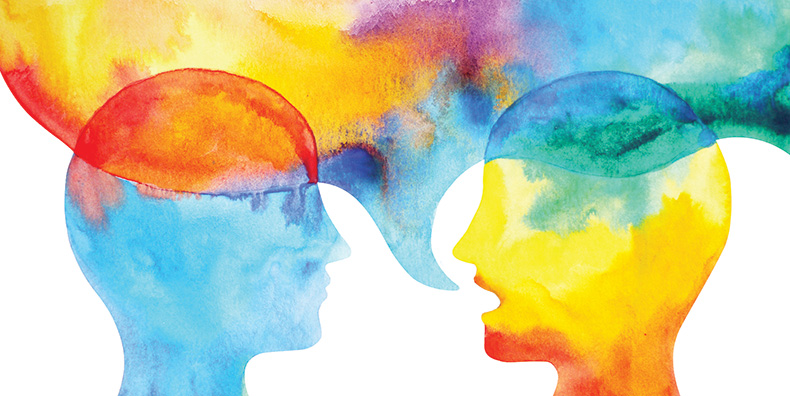Mood, Madness, Wellness ( The Friday Thread No. 6)
Psychotherapy in the "Medieval" Islamic World
Read on below...
Psychotherapy in the "Medieval" Islamic World
Read on below...
The idea that the mind can influence the body is ancient. Galen argued that the body affects the mind/soul. Ishaq Ibn Imran, the 10th-century physician, proposed that the mind was equally capable of influencing the body.
Ibn Sina puts the mind-body connection bluntly when he suggests that, "...grief is useful for those who want to lose weight."
The idea that the mind can impact the body opens the door for psychological therapy. Influence thinking or behaviour, and you may just effect a cure.
Ibn Hazm, an Andalucian scholar, proposes a psychological approach to treating chronic envy (hasad حسد) He would get the patient to imagine that the person they envied came from a distant land.
Ibn Hazm based this envy-reduction technique on the fascinating social psychological insight that people tend to envy those they view as more similar to themselves.
There is also a 9th-century case study from Syria, where the "eminent physician", Bukhtishu Ibn Jibrail, successfully employs a form of psychotherapy to help a young Prince, al-Mu& #39;tazzbillah, overcome what is arguably the first recorded case of anorexia nervosa.
Bukhtishu Ibn Jibrail& #39;s idea was to use rewards/incentives (gifts of beautiful clothes) to encourage the starving prince into taking a few bites. This technique (contingency management) remains in use today for anorexia.
There was also a great appreciation of the therapeutic use of mood evoking music. Ishaq Ibn Imran specifically advocates it for the treatment of melancholics (depression)
There was also the use of therapeutic story-telling. In the Mansuri hospital in Cairo, skilled storytellers were used in helping to treat the inpatients. Some argue Shahrazad, from 1001 nights, was King Shahriyar& #39;s therapist.
Beyond the body and the use of drugs and potions, the doctors of the medieval Islamic world took bio-psycho-spiritual- social perspective.
As Suyuti suggests "the best doctor is he who will... At one moment, give strength by food, at another by setting in motion joy and grief or even hope and fear. But prayer is the best of them all."

 Read on Twitter
Read on Twitter


